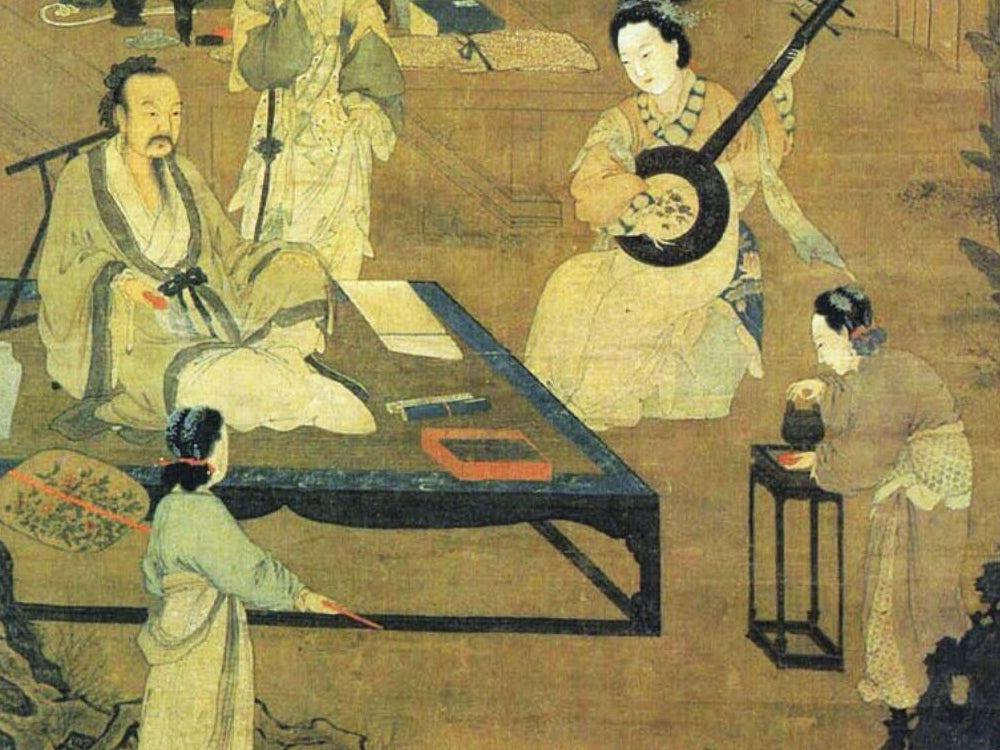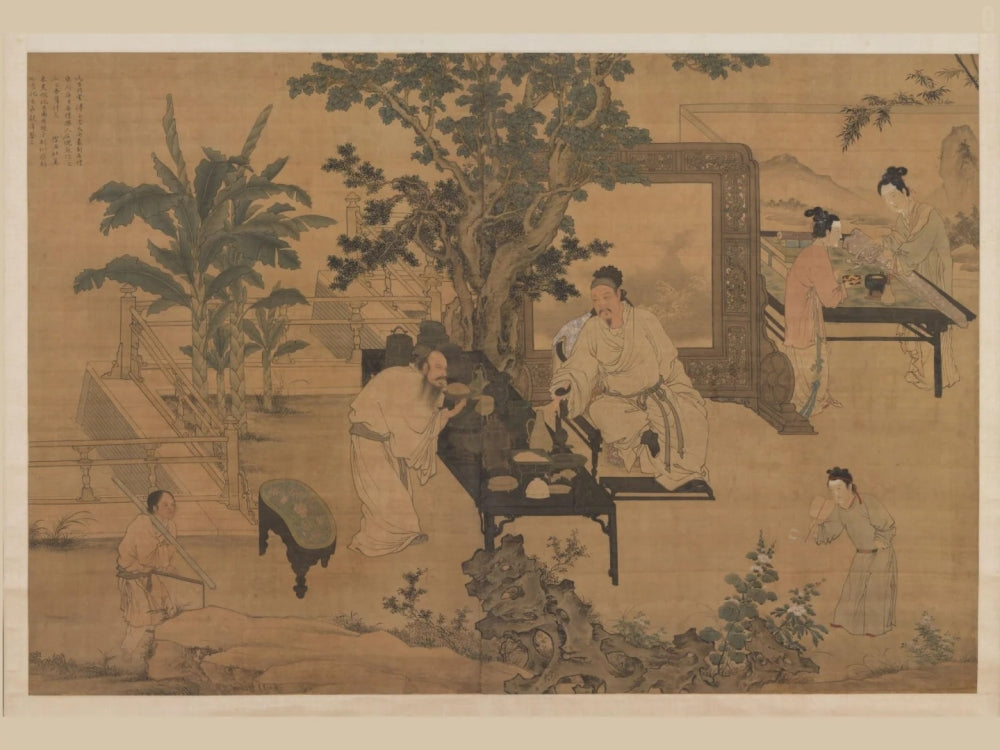Xiangnang: A Timeless Ornament and Aromatherapy Tool
Xiangnan(Sachet): Small purses made through embroidery technology, and then specific Chinese medicine packets or any favorite fragrance sources are placed in the purses.
It can be carried with you and diffuse medicinal or scented scents.
In ancient China, xiangnang(or sachet) was a commonly used ornament that served dual purposes. It could be worn as an accessory or placed in bedrooms and living rooms to purify the air. Beyond its decorative appeal, xiangnang played a significant role in traditional Chinese medicine, offering calming and soothing effects to the mind and soul.
For those seeking a meaningful gift, xiangnang is a perfect choice.
Romantic Symbolism and Cultural Significance
《定情诗》
我出东门游,邂逅承清尘。思君即幽房,侍寝执衣巾。
时无桑中契,迫此路侧人。我既媚君姿,君亦悦我颜。
何以致拳拳?绾臂双金环。何以道殷勤?约指一双银。
何以致区区?耳中双明珠。何以致叩叩?香囊系肘后。
何以致契阔?绕腕双跳脱。何以结恩情?美玉缀罗缨。
何以结中心?素缕连双针。何以结相于?金薄画搔头。
何以慰别离?耳后玳瑁钗。何以答欢忻?纨素三条裙。
何以结愁悲?白绢双中衣。与我期何所?乃期东山隅。
日旰兮不来,谷风吹我襦。远望无所见,涕泣起踟蹰。
与我期何所?乃期山南阳。日中兮不来,飘风吹我裳。
逍遥莫谁睹,望君愁我肠。与我期何所?乃期西山侧。
日夕兮不来,踯躅长叹息。远望凉风至,俯仰正衣服。
与我期何所?乃期山北岑。日暮兮不来,凄风吹我襟。
望君不能坐,悲苦愁我心。爱身以何为,惜我华色时。
中情既款款,然后克密期。褰衣蹑茂草,谓君不我欺。
厕此丑陋质,徙倚无所之。自伤失所欲,泪下如连丝。
Translation:
"Love Poems"
I went out from the eastern gate to take a stroll, and inadvertently encountered you.
I fell in love with you at first sight, and immediately had the thought of offering myself to you.
I am willing to stand by with a cloth in hand as you enter the room to rest, attending to you as you change and sleep.
At that time, we did not arrange a meeting, because I was afraid of being seen by people along the road.
I admired you, and you liked me too.
How can I express my fondness for you? With the pair of gold bracelets entwined around my arms.
How can I express my diligence to you? With the pair of silver rings on my fingers.
How can I show my sincerity? With the pair of bright pearls adorning my ears.
How can I convey my earnestness? With the xiangnan(sachet) tied behind my elbows.
How can I express our intimacy? With the pair of bracelets on my wrists.
What can bind our feelings together? The jade pendant decorated with a silk tassel.
How can our hearts be connected? With white velvet sewn together with double needles.
How can I express our mutual affection? With the gold-foil-decorated hairpin.
How can we soothe our feelings of separation? With the tortoiseshell hairpin behind my ear.
How can I repay the joy you bring me? With the robe adorned with three silk ribbons.
How can we connect our sorrows? With the white silk sewn into my inner garment.
But, we agreed to meet in a corner of the eastern mountain, and you did not come until very late.
The cool wind in the valley blew against my clothes, and I felt so helpless.
From a distance, I still couldn't see your figure, and tears started to fall.
We agreed to meet in the southern mountain, but from morning till noon, you still hadn't arrived, only the drifting wind moved my clothes.
We agreed to meet on the side of the western mountain, but even at dusk, you were nowhere in sight, and I couldn't help but sigh and linger.
We agreed to meet on a small hill in the northern mountain, but once again you didn't come, only the bleak wind blew ag
The subtle romance of ancient Chinese culture is beautifully expressed in the "《定情诗》Love Poems" from the Wei and Jin Dynasties, illustrating the deep connection people had with xiangnang.
Xiangnang, also known as sachet, hebao, flower bag, incense tassel, incense bag, incense ball, and scent, has been a cherished accessory throughout history. As it is worn on the body, it is sometimes called "matching incense."
Respect and Tradition
The custom of wearing xiangnang dates back to the Zhou Dynasty. According to the "《礼记·内则》Book of Rites Nei Principles": "Young people need to wear xiangnang when meeting their parents and elders to show respect."
A Token of Love
As a keepsake carried close to the heart, xiangnang was often exchanged between lovers in ancient China. It symbolized mutual affection, representing the sentiment of "I have you in my heart, and you have me in your heart."
A Parting Gift
In Qin Guan's "《满亭坊》Man Ting Fang," xiangnang is portrayed as a farewell gift: "xiangnang is darkly interpreted, and Luoti is lightly divided."
A Sleep Companion
Placed at the bedside, xiangnang can fill the bedroom with a fragrant aroma, providing a soothing atmosphere for sleep.



